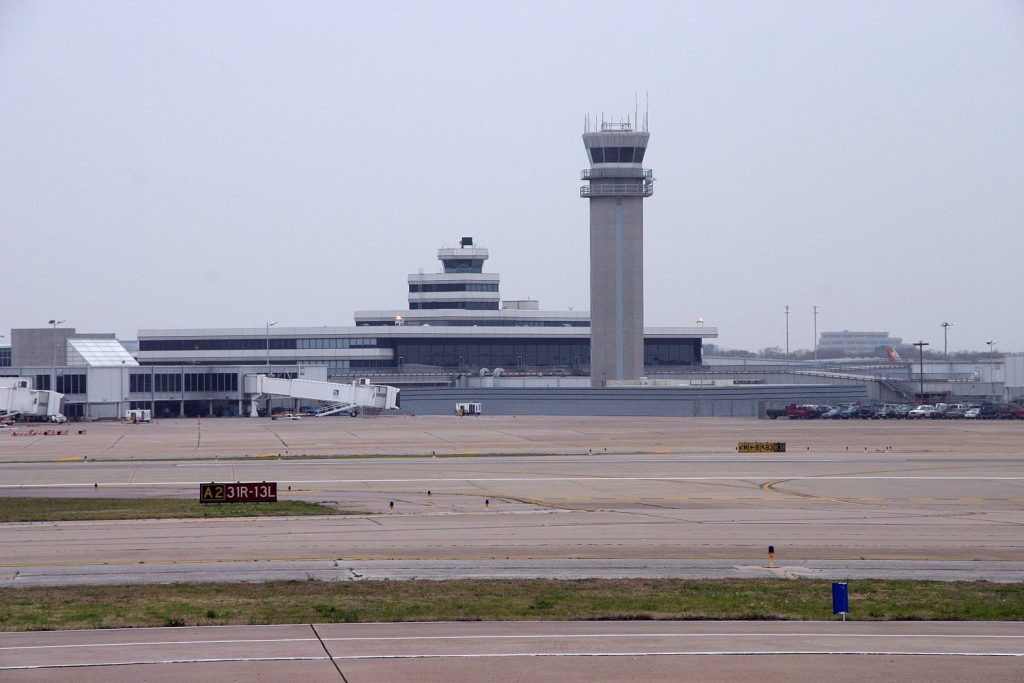
As home to the country’s fourth-largest airport and two of the nation’s major airlines, a leading Texas business organization says it supports proposed landmark federal legislation that would modernize the U.S. aviation system and improve flight delays nationwide.
Among its significant reforms, the 21st Century Aviation Innovation, Reform & Reauthorization Act, or AIRR Act, would overhaul the air traffic control (ATC) operations by transferring the country’s air navigation system to a nonprofit corporation while the Federal Aviation Administration would maintain safety oversight. Governed by a 13-member board of directors, the nonprofit entity would be funded through user fees instead of taxes, allowing the corporation to make longer-term planning without the uncertainty of the government budgeting process. Introduced by U.S. Rep. Bill Shuster (R-PA), the AIRR Act is being considered by Congress.
Dallas Forth Worth Airport is the country’s fourth busiest airport, handling on average 1,850 flights daily. The airport supports nearly $37 billion in economic activity and provides the state with more than 228,000 jobs.
Chris Wallace, president of the Texas Association of Business, told Transportation Today that passage of the AIRR Act would make the airways safer, while eliminating flight delays.
“Delays matter. For example, at Dallas Fort Worth International Airport, more than 25 percent of all flights were delayed in 2014,” Wallace said. “Houston’s George Bush Intercontinental had a 22 percent delay in all flights. That’s not something we should simply accept. Our country’s air traffic control system has become hopelessly out-of-date. Planes must zig-zag across the continent flying over fixed waypoints because we still rely on air traffic control technologies developed to defeat the Luftwaffe in World War II.”
Wallace said a shift in funding from the federal general budget to a user fee-based system would ensure the upgrade of navigation systems that would not only help larger airports, but smaller ones as well.
“If nothing changes, small local airports across Texas and around the nation run the risk of losing ATC services under our current government-run system,” he said. “In 2013 alone, 189 control towers were nearly closed nationwide until a public outcry convinced Congress to find sufficient funding.”
Several congressmen representing Texas have not yet weighed in on whether they support the AIRR Act and air traffic control reform. U.S. Reps. Sam Johnson and John Carter, both Republicans, and Rep. Gene Green, a Democrat, did not immediately respond to requests for comment.
Meanwhile, Texas is home to American Airlines and Southwest Airlines.
Doug Parker, CEO of American Airlines, supports strengthening the nation’s air traffic control system through passage of the AIRR Act.
“Convincing someone that, ‘Gosh, your flight would be there three minutes sooner,’ doesn’t sound like that big of a benefit, but it’s enormous when you add it across all the flights,” Parker said in September at the Commercial Aviation Industry Summit hosted by Airlines for America. “More importantly, what you would see as a consumer is the ability to fly to more places and you’d be able to get there more quickly.”
It’s obvious that the technology that air traffic controllers use today is outdated, Parker said, noting that flights from New York’s LaGuardia Airport to Washington D.C. today take 20 percent longer than they took in 1990. “It is going to get worse,” he said.
Wallace agreed.
“Technological obsolescence need not be inevitable and accepted,” Wallace said, noting that Canada transferred its air traffic management to an independent not-for-profit organization regulated by the national government. “Nav Canada, the second largest air navigation provider in the world, established an impressive record. … The rest of the world now demands Canadian technology for managing air traffic.”
“As the largest global air traffic manager, the United States could dramatically improve air transportation for millions by following that proven model and transferring ATC operations to a separate not-for-profit while maintaining safety regulation at the FAA,” Wallace said.